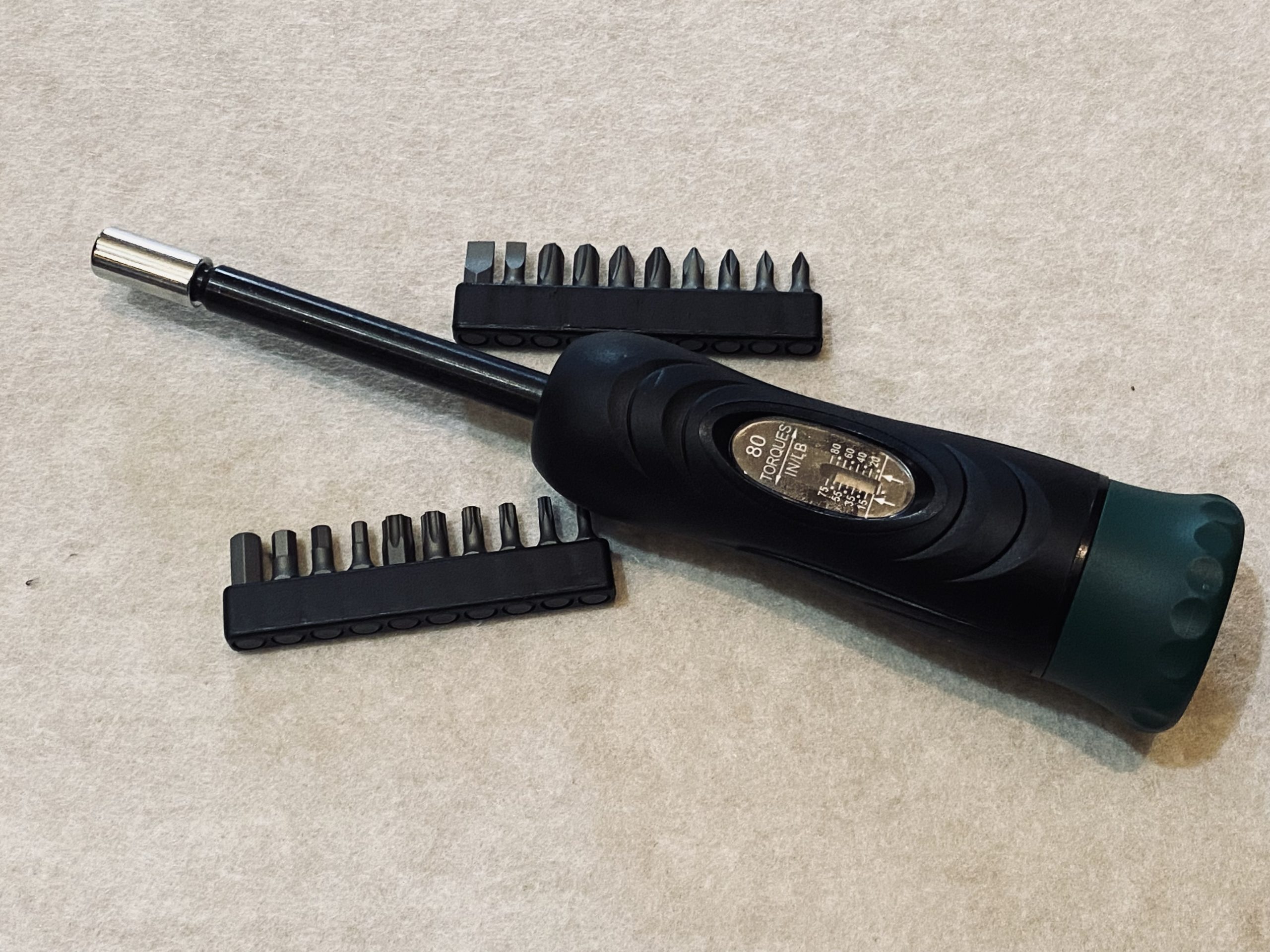Get Tech Tips
Subscribe to free tech tips.
Use Your Senses First

A good technician uses their senses before they use diagnostic tools. Is your suction line abnormally cold? Make sure the evaporator coil isn't frozen, and inspect for obvious airflow issues like a dirty filter or evaporator coil.
Is your liquid line abnormally warm to the touch? It could be a dirty condenser, condensing fan issue, or overcharge.
Listen for abnormal motor and compressor noises, watch for signs of corrosion, and take note of oil for possible leaks.
Smell for signs of burning lacquer, which can signal burned motors or controls.
Listen for a blower that sounds like a train engine. (If it's an ECM, it could be an airflow restriction.)
Train your senses to spot abnormalities, and you will save time and catch issues before you need to pull out tools for confirmation.
This all isn't to say that you shouldn't use diagnostic tools, just that you will save a lot of time if you use the best tools of all first, the natural kind.
—Bryan










Comments
Yes! I teach my guys this too! Situational awareness is key to so many things in life. Its about being observant and attentive to detail! Be a Brain Surgeon, not a dump truck driver!
Yes! I teach my guys this too! Situational awareness is key to so many things in life. Its about being observant and attentive to detail! Be a Brain Surgeon, not a dump truck driver!
Kamagra pharmacie en ligne: Kamagra pharmacie en ligne – kamagra gel
Kamagra pharmacie en ligne: Kamagra pharmacie en ligne – kamagra gel
kamagra en ligne Kamagra pharmacie en ligne or kamagra gel
http://www.supedapara.com/webmail/redir.php?http://kamagraprix.shop achat kamagra
[url=https://www.google.pn/url?q=https://kamagraprix.shop]Kamagra pharmacie en ligne[/url] Achetez vos kamagra medicaments and [url=http://bbs.88moli.top/home.php?mod=space&uid=22538]kamagra oral jelly[/url] kamagra oral jelly
kamagra en ligne Kamagra pharmacie en ligne or kamagra gel
http://www.supedapara.com/webmail/redir.php?http://kamagraprix.shop achat kamagra
[url=https://www.google.pn/url?q=https://kamagraprix.shop]Kamagra pharmacie en ligne[/url] Achetez vos kamagra medicaments and [url=http://bbs.88moli.top/home.php?mod=space&uid=22538]kamagra oral jelly[/url] kamagra oral jelly
Acheter Viagra Cialis sans ordonnance [url=https://tadalmed.com/#]cialis generique[/url] Tadalafil achat en ligne tadalmed.com
Acheter Viagra Cialis sans ordonnance [url=https://tadalmed.com/#]cialis generique[/url] Tadalafil achat en ligne tadalmed.com
Acheter Viagra Cialis sans ordonnance: Cialis generique prix – Acheter Viagra Cialis sans ordonnance tadalmed.shop
Acheter Viagra Cialis sans ordonnance: Cialis generique prix – Acheter Viagra Cialis sans ordonnance tadalmed.shop
Tadalafil sans ordonnance en ligne: Cialis generique prix – Cialis generique prix tadalmed.shop
Tadalafil sans ordonnance en ligne: Cialis generique prix – Cialis generique prix tadalmed.shop
pharmacie en ligne avec ordonnance: Pharmacie en ligne France – pharmacie en ligne france fiable pharmafst.com
pharmacie en ligne avec ordonnance: Pharmacie en ligne France – pharmacie en ligne france fiable pharmafst.com
Kamagra Commander maintenant: kamagra gel – Acheter Kamagra site fiable
Kamagra Commander maintenant: kamagra gel – Acheter Kamagra site fiable
Cialis sans ordonnance 24h: Cialis generique prix – Tadalafil sans ordonnance en ligne tadalmed.shop
Cialis sans ordonnance 24h: Cialis generique prix – Tadalafil sans ordonnance en ligne tadalmed.shop
olympe: olympe casino en ligne – olympe
olympe: olympe casino en ligne – olympe
To leave a comment, you need to log in.
Log In